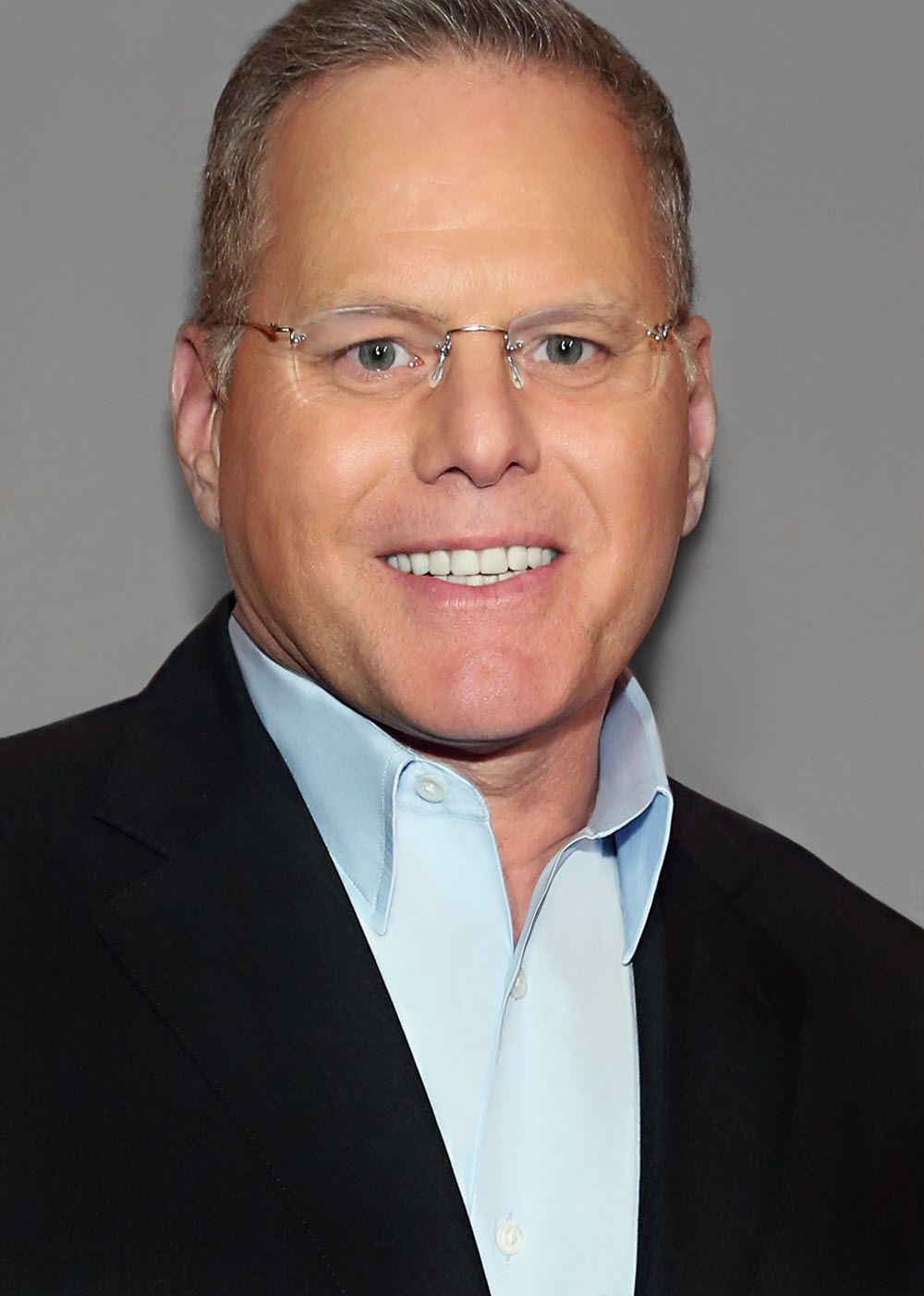Discovery’s Zaslav on COVID-19: ‘Don’t Want That Feeling Again’
Virus forcing company to find better ways to work
The smarter way to stay on top of broadcasting and cable industry. Sign up below
You are now subscribed
Your newsletter sign-up was successful
Discovery CEO David Zaslav said he’s in no hurry to push people back to work in offices or in the field in order to get production back to normal.

In the early days after the COVID-19 crisis closed Discovery’s office, a number of Discovery employees tested positive for the virus.
“Those were 14 of the toughest days for me in my life,” Zaslav said on the company’s first-quarter earnings call Wednesday. The company had a call every morning about the virus. “Who had it? Who’s been tested? Who did they come in contact with? It was really an extraordinary effort,” he said.
All of the employees got through their illness--although some employees’ families face challenges, he said. “We’re not in any rush to get back to those calls because we couldn’t breathe," Zaslav said.
"You feel it because they got sick coming to work," he said. "We're not in any rush to push anyone because we're working remotely so effectively. We haven't missed a beat. We've learned a ton. But we want to push anybody into the field. We don't want to have that feeling again."
Zaslav said the virus has forced the company to come together and find better ways to get work done.
When he first joined Discovery, Zaslav recalled that the company had a conference call every morning at 7 a.m. He said it energized the company and ensured everyone was on the same page.
The smarter way to stay on top of broadcasting and cable industry. Sign up below
“We have a call every morning now. Every single morning,” he said. “It started out with the virus. And now it’s where are we winning? How do we do this differently? How do we get less people in the office?”
Through the course of the last couple of months, the company has figured out new ways to get things done. One example: “We used to have 14 people in the control room. Now we’re doing it with one,” he said.
“So there's going to be very significant change in the business when we come out of this, I think for the good, in terms of what we've learned including how we shoot content and how we pay for it,” he said.
The pandemic has also boosted the value of direct-to-consumer and streaming businesses. Zaslav and Discovery have been talking about a domestic Discovery DTC offering, and he added more insight into how the company was thinking about extending its reach to cord cutters and other non-cable subscribers.
Zaslav said Discovery had no contractual limitations on its ability to launch a DTC service, but noted that the company has a “hell of a business” with its existing distributors.
Those cable operators are in the broadband business where there are 30 million people that are broadband-only customers, he added.
”We are in discussions with all of them about the fact that we have this great package of content,” Zaslav said.
“Everyone agrees. And so I think you’ll see over the next year or so, our goal is going to be do something with the distributors because they have direct access to those 30 million,” he said. “When you see us move, you’ll probably see us move broadly, but also in tandem in a way that creates value for both of us” because Discovery wants those distributors to feel encouraged that “instead of just doing our own thing, we’re talking to them about doing some things together.”
Zaslav compared a potential Discovery streaming service to Disney+, which features powerful brands like Marvel, Pixar and Star Wars. “Imagine [consumers open an app] and they see HGTV and Food and Oprah and Discovery and BBC Planet Earth, and behind each of those circles is all the great talent that we have. We’ve done a lot of research and people look at that and they go, ‘wow, those are four of my favorite channels and those are my favorite characters.”
Jon has been business editor of Broadcasting+Cable since 2010. He focuses on revenue-generating activities, including advertising and distribution, as well as executive intrigue and merger and acquisition activity. Just about any story is fair game, if a dollar sign can make its way into the article. Before B+C, Jon covered the industry for TVWeek, Cable World, Electronic Media, Advertising Age and The New York Post. A native New Yorker, Jon is hiding in plain sight in the suburbs of Chicago.

